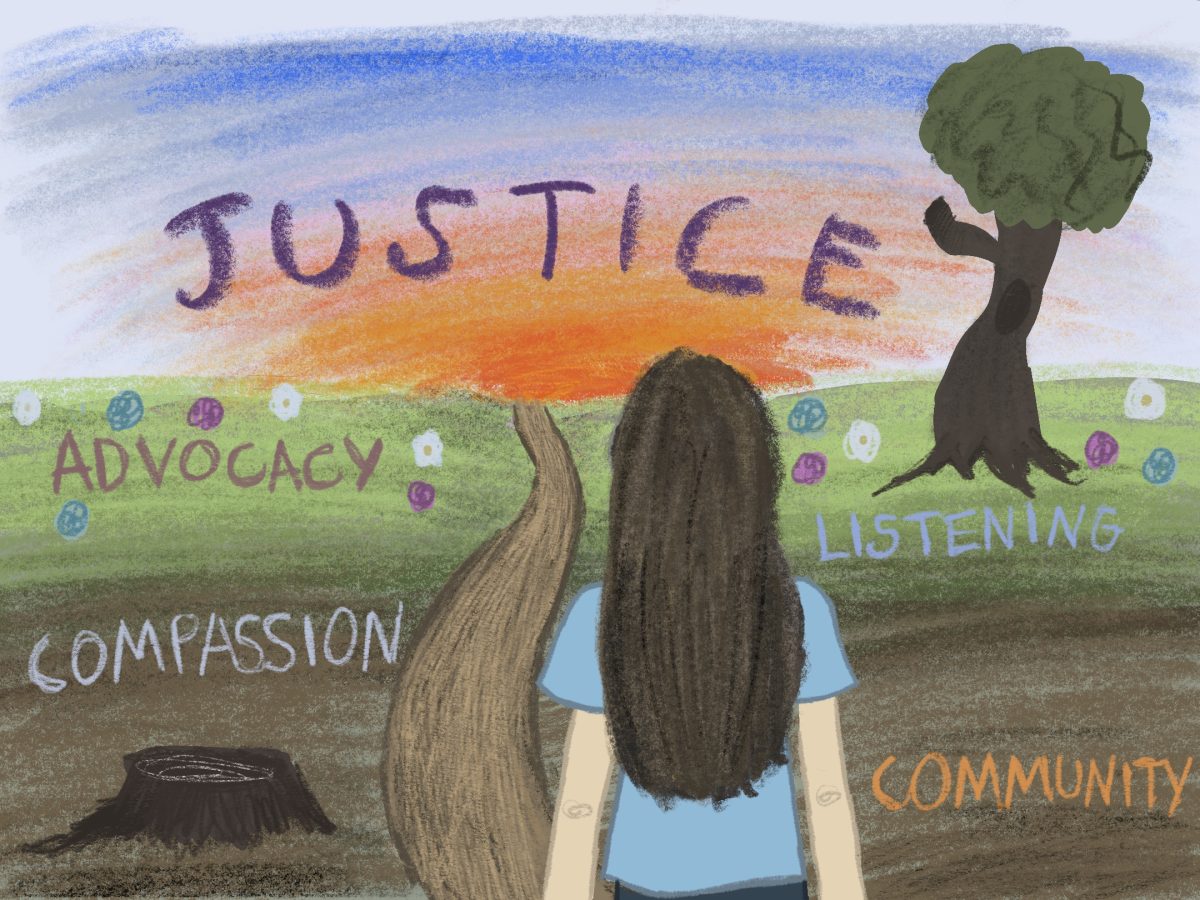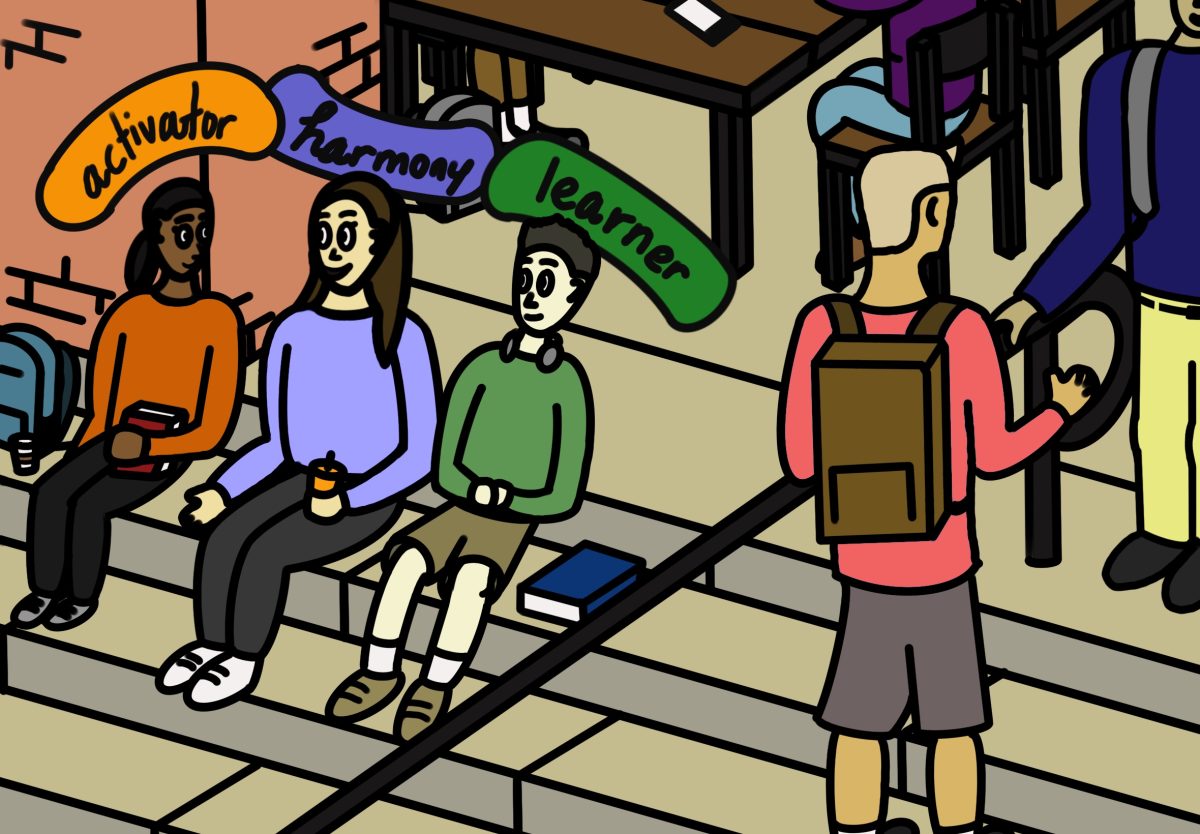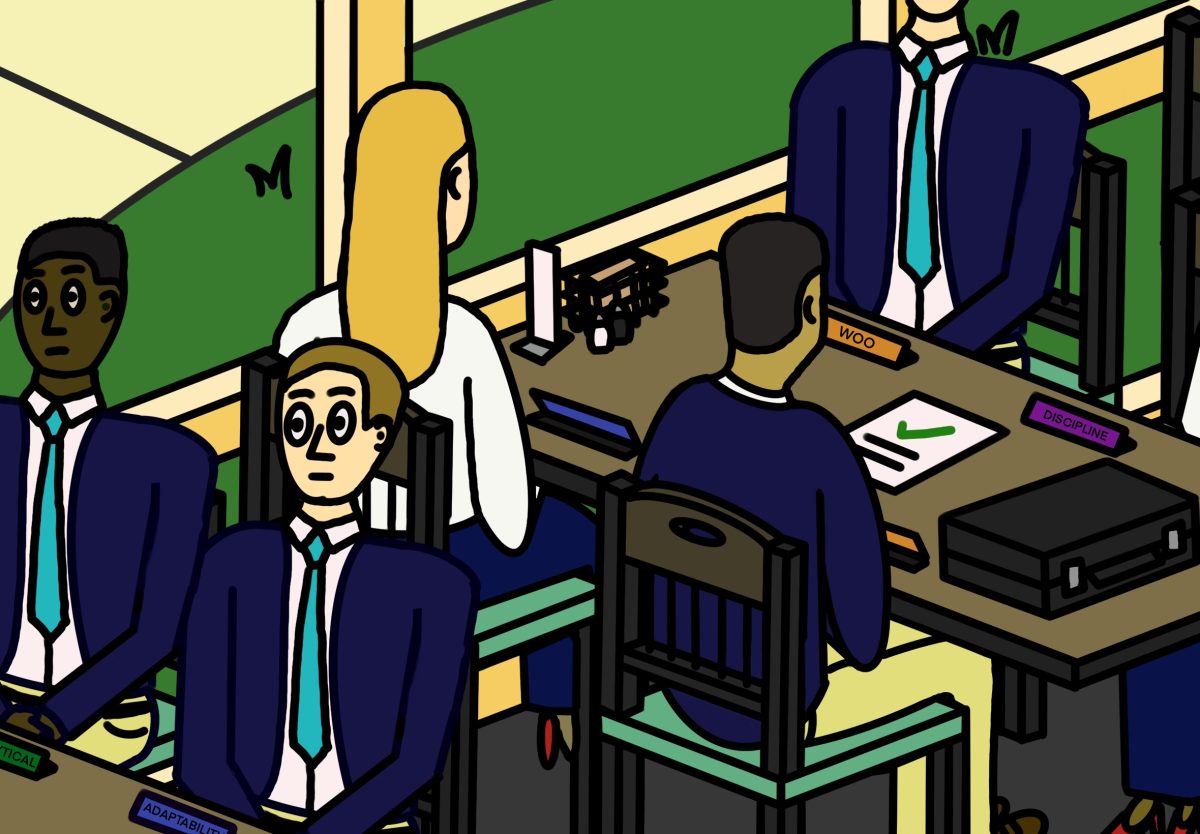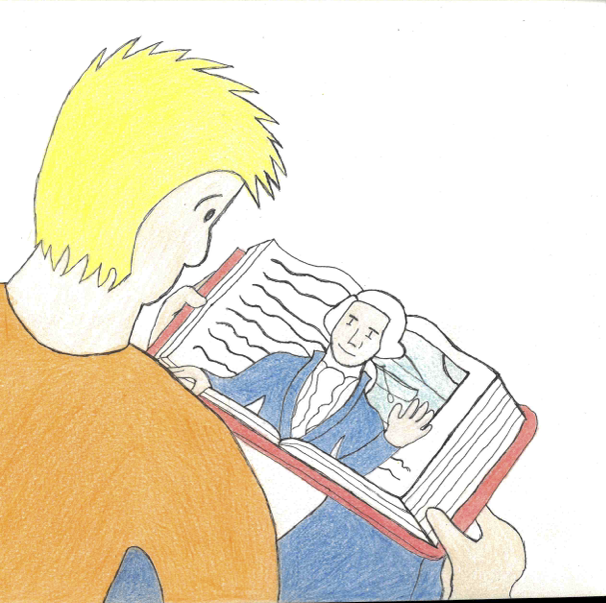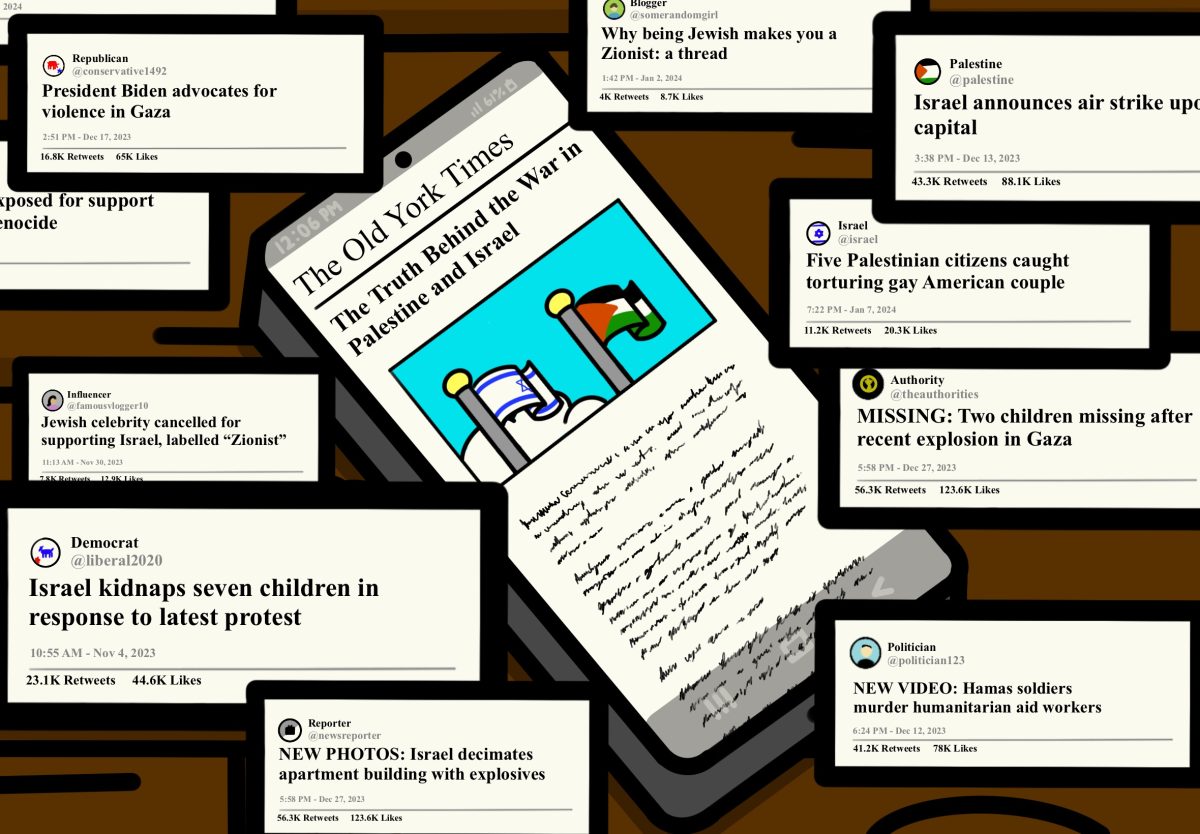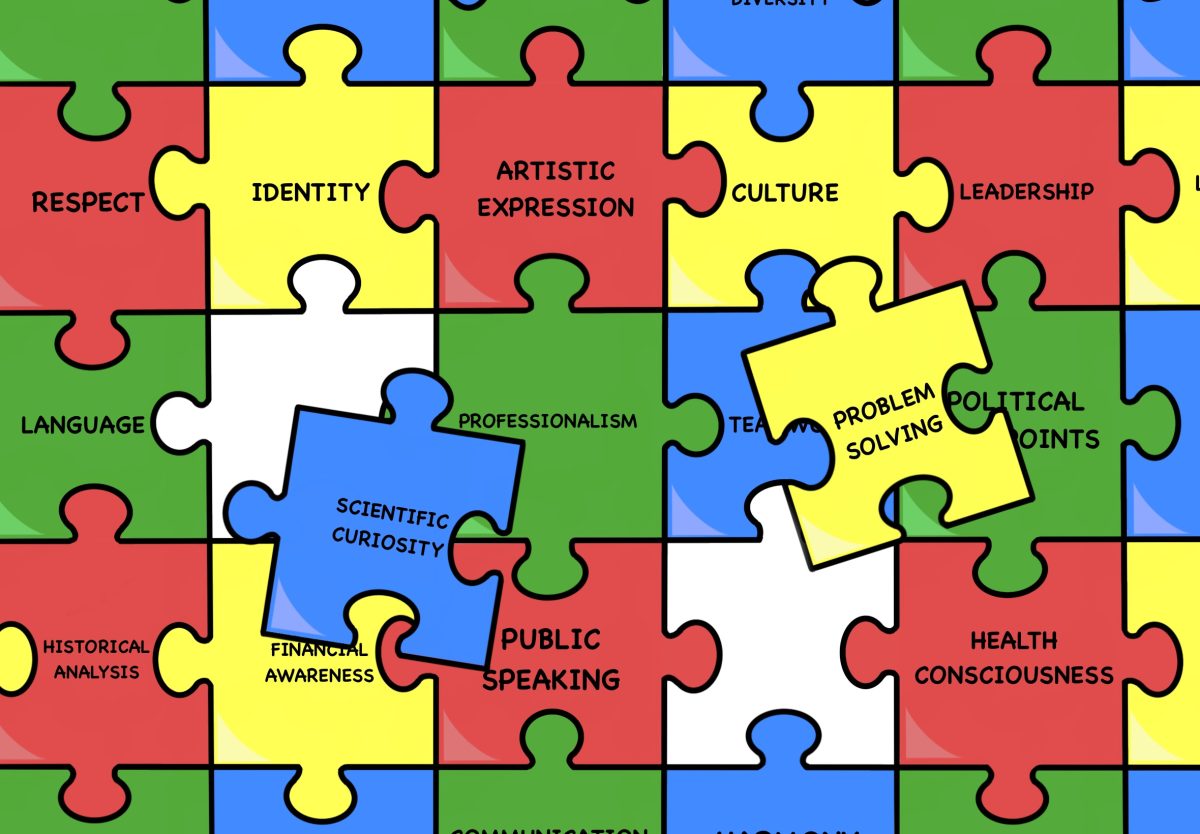It was June 5th, 1981 when a tornado came to town. That tornado was the global AIDS crisis; along its destructive path, some powerful winds blew in much confusion and many questions.
“Should AIDs Victims Go to School?” was one of those questions.
It was the question my university newspaper, The Paladin, casually proposed four years into the AIDS crisis in an article of that very title. This opinion piece considered the pros and cons of allowing students with AIDs to attend school––both public and private.
In spite of evidence to the contrary from the CDC, many Americans in the 1980s feared that sharing a public space with persons who had contracted AIDs could potentially contaminate them or their loved ones. By extension, many Americans felt it was unwise or risky to allow LGBT+ persons to occupy the same spaces as them.
The topic was not just a local question tossed around by university students in my college town, it was a national conversation and part of a larger moral panic. Still, in all the discussion, The Paladin never determined a clear answer to the question. Instead, the response seemed to boil down to moral relativism–– both sides have some compelling points, so to each their own.
….
As time has passed, public understanding has certainly grown and medical resources have evolved for HIV. These cultural and technological shifts have significantly lowered the lethality for HIV. In spite of this progress, in 2016 alone the CDC notes that 5,807 Americans with HIV died; almost half of whom lived in my homeland of the Southern US.
This month Queer Eye star and public figure Jonathan Van Ness openly shared that he lives with HIV. This announcement offers new hope in that HIV statuses with the right tools can be livable, but it also echoes an old fear: HIV can affect anyone.
Within the past decade, though, modern medical strides have not only improved the livability for HIV post-diagnosis, but also have made serious gains in prevention. A little blue pill, called PrEP, is up to 99% effective at preventing HIV.
However, as a fourth-year Furman University student, I’ve learned that one pill isn’t quite a simple cure-all. At the Earle Student Health Center, Furman students can access this medication in a single appointment. There is one important caveat though: students will need to use their own private insurance.
But, herein lies the first major roadblock: most college students do not have insurance, and if they do, they depend on their family’s insurance plan. And yet for many college-aged students, their sexual health needs might not be understood or supported by their parents. In the case of a simple PrEP prescription, no access to insurance translates to an annual bill of $20,000.
So, for those students who can’t depend on their parents or their health center to provide for their required sexual health needs, condoms may be the only financially-possible alternative. As it happens, Furman offers free condoms at the Earle Student Health Center between Monday and Friday from 8 AM to 5 PM to its students. While a free condom checkpoint is a privilege that many young people are not afforded, this measure, again, is no cure-all.
In a 2019 Furman campus survey, 100+ respondents revealed that only 20% of students have ever received condoms from the student health center. And yet, 72% of the student body described themselves as sexually active.
One reason for this gap is that students do not feel comfortable visiting the health center to access condoms. Having visited the health center myself in search of condoms, it can be awkward, inconvenient, and embarrassing.
Another explanation is a lack of awareness. In the same survey, about a third of students admitted they did not know where they can access condoms on campus. In the past, Furman University has provided information about their sexual health resources. Currently, however, there exists no sexual health database outlining the available resources for students on our campus.
In spite of this, understanding your sexual health is possible. As a bisexual male, I was able to understand my sexuality, pinpoint my sexual health risks, and then navigate the labyrinth of health options at my university, only to ultimately end up depending on myself to buy condoms.
In my very own journey to Oz, I taught myself all the safe sex knowledge that I needed to know. But I can’t help but wonder: will every other Furman student follow the same yellow brick road in search of basic sexual health resources? What happens when you arrive in Emerald City and learn that you must discover the answers alone?
Behind the curtain at Furman, you won’t find clear prescription access, easy-to-get contraception, or online educational tools. No shiny ruby slippers rescue you in this story. As the fantasy fades, what reality will Furman choose to create for its students?



























